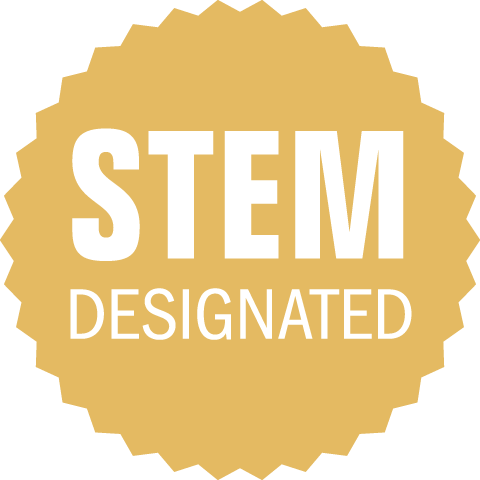

As the only master's program in industrial engineering available at an accredited institution in the state of Connecticut, this unique experience at the University of New Haven prepares students for future advancement in systems optimization, quality assurance, manufacturing, engineering management, procurement, the efficient use of both human and technological resources, as well for management positions in operations, supply chain, and technology.
To hold an undergraduate degree in engineering, science, or a related field with a strong quantitative background, in addition to a competency in mathematics through calculus.
Our faculty are leaders and innovators in their fields, bringing both deep professional experience and academic rigor to the classroom.
Get an inside look at what differentiates the University of New Haven and how your experiences as a student will prepare you for success.




All University of New Haven students have access to the many resources available through the University’s Career Development Center, which has been named one of the best in the nation by The Princeton Review.
From career assessments, networking, and job shadowing to on-campus interviews and salary negotiation, the Career Development Center provides the skills and connections to identify a meaningful career and an opportunity to pursue your passion.
Learn More
'I will cherish these memories and wonderful learning experiences.'

The lessons I have learned will allow me to be successful in other fields and will make an impact on my future.
Architectural and Engineering Managers
3.8% Growth 2024-2034
Industrial Engineers
11% Growth 2024-2034
Industrial Production Managers
1.9% Growth 2024-2034
This course introduces engineering students to the fundamental concepts, methods, and tools of economic analysis and managerial decision-making from a cash flow perspective. Emphasis will be on the time value of money, present worth analysis, annual equivalent worth, rate of return, depreciation, and inflation analyses; evaluation of projects, and comparison and selection among alternatives will also be covered. General accounting principles and basic financial analysis will also be introduced.
Concepts of quality and statistical quality analysis. Sampling techniques and decision processes
The principles of the theory of metal cutting and metal working for improving the manufacturing operations involving metal machining and metal working. An opportunity for students to thoroughly understand the experimental approaches used in manufacturing.
Modeling and analysis of systems using discrete event simulation technique with particular emphasis on applications in production and operations management, manufacturing, and services. Lean implementation via simulation analysis. The role and significance of data, data collection, random number generators and uncertainty in input variables will be examined. Use of simulation software and several projects will be required.
The University of New Haven offers a wide variety of in-depth courses that create a transformational educational experience for our students. To view the complete list of courses you'll take while pursuing a Masters of Science or a Dual Degree, M.B.A/M.S.I.E in Industrial Engineering, or a Certificate in Quality Engineering, check out the Academic Catalog:

The Charger Blog
The event brought together alumni who are now leaders in their fields and students who are working on innovative research, matching ideas and ingenuity while creating opportunities for students to network.
An advanced degree from the University of New Haven will help you take your career to the next level. Each program offers convenient scheduling, personalized attention, and state-of-the-art facilities.
View Application Requirements
The University of New Haven Graduate School is an excellent value with reasonable tuition. Of course, you will still have bills to pay and the Financial Aid office can help.
Learn More